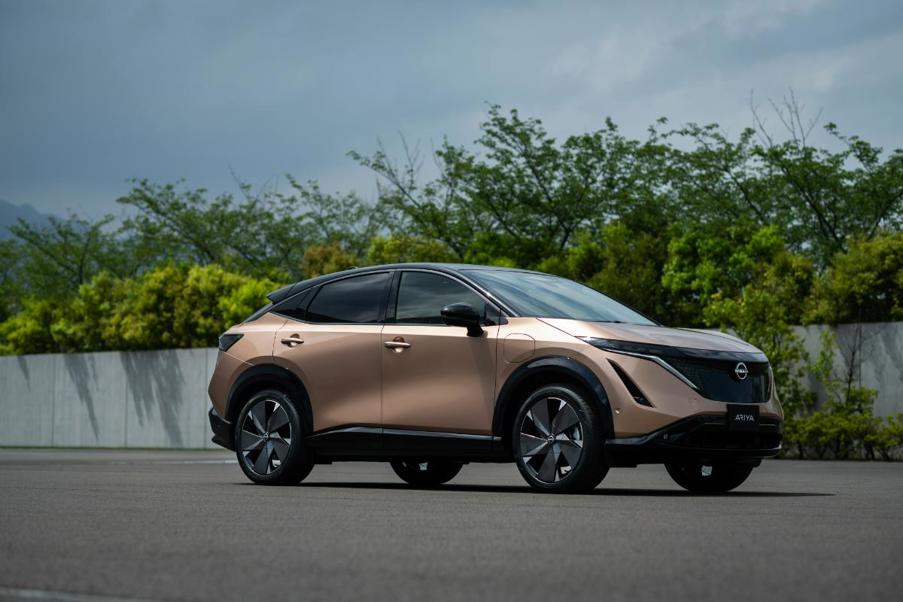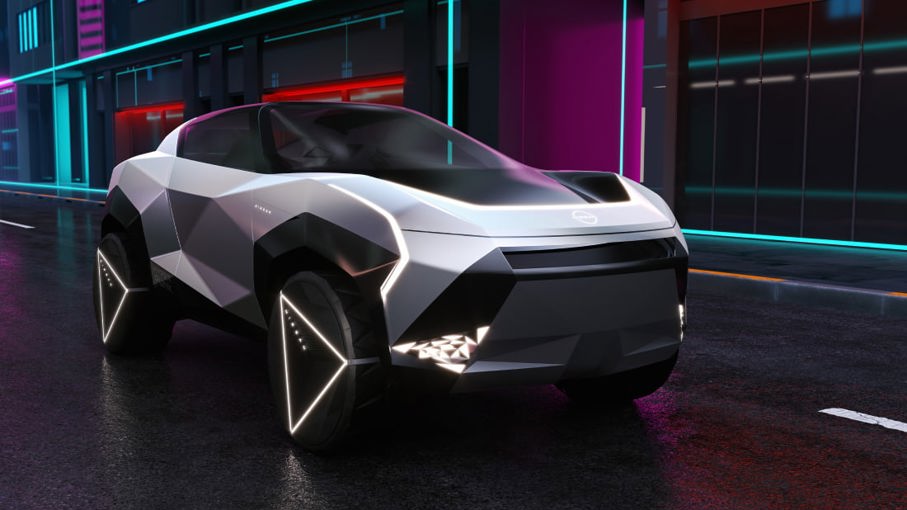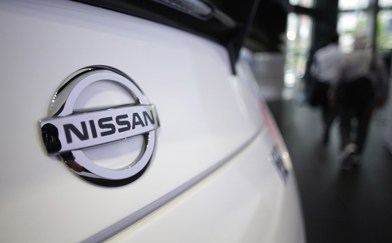Nissan's electric vehicle (EV) lineup, including the renowned Leaf and Ariya, faces stiff competition from budget-friendly Chinese alternatives.
However, Nissan’s senior executives believe the Japanese maker's vehicles offer distinct advantages beyond just pricing.
The challenge of competing on price

Nissan’s Sunderland, UK factory, a hub for the next-generation Leaf and battery-electric (BEV) versions of the Juke and Qashqai, reflects the brand’s ambitious EV strategy.
In a conversation with Australian media, Francois Bailly, Senior Vice-President and Chief Planning Officer for the AMIEO (Africa, Middle East, India, Europe, and Oceania) region, acknowledged the importance of price competitiveness.
“That [decreasing EV prices] is the key activity for us, that’s why we’re doing … many activities that we talk about, to have the best price in market versus the Chinese or others,” said Bailly.
While Nissan strives to match the affordability of Chinese EVs, Bailly emphasised that competition must be fair across all original equipment manufacturers (OEMs). He stated, "But as long as the competition is fair with different OEMs, regardless of where they come from, yeah, we’re quite comfortable."
Beyond price: the emotional appeal

Nissan’s strategy isn’t solely focused on cost.
Bailly highlighted the emotional connection their cars evoke, an aspect they believe sets them apart from competitors. “But what I would really emphasise is the emotion that our cars are giving to the customer,” he said.
For instance, the next-generation Juke, reportedly inspired by the Hyper Punk concept from the 2023 Tokyo Motor Show, aims to offer a unique driving experience. “A car is not a fridge, a car is an emotion, a pleasure, and I think that’s something we do really well,” Bailly added.
“We have it in our DNA to do something that others don’t. This is not pure cost, it’s cost plus emotion.”
Future prospects and innovations

Nissan is not only cutting prices but also aiming for price parity with petrol-powered models by early 2030. This goal is intended to better position the brand against the onslaught of fully electric and hybrid models from China.
Looking forward, Nissan’s Sunderland factory will play a pivotal role in the brand's EV expansion, producing the new Leaf, Juke, and Qashqai.
Nissan is all-in on EVs, recently disclosing that it has ceased all new investments in combustion engine technology.
This stands as a stark contrast to the strategies of fellow Japanese makers Toyota, Subaru and Mazda, which each have committed to developing next-generation engine systems designed to stay competitive in the electric era.





